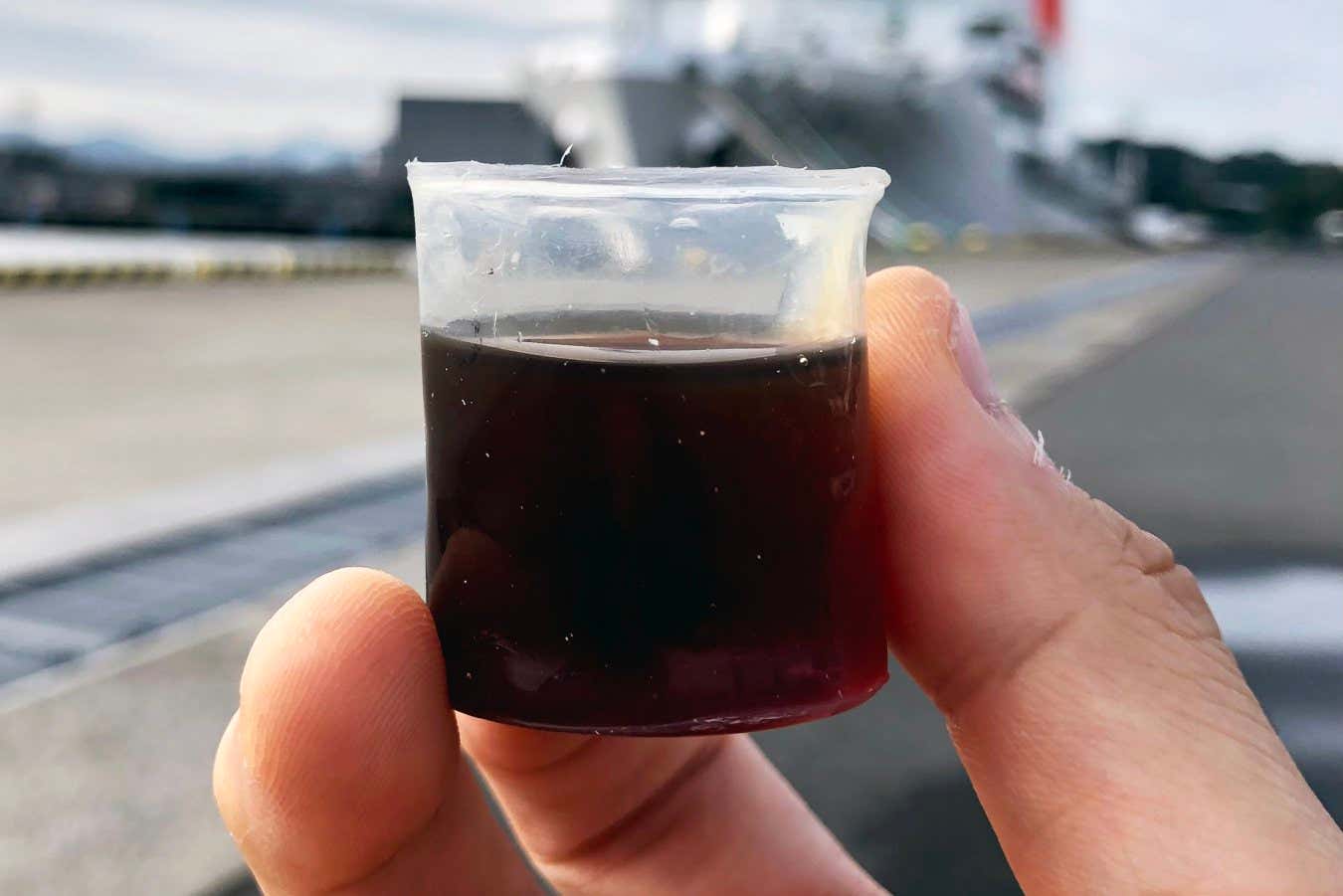Cellulose, the main component of paper, can be turned into clear, waterproof objects such as cups that are almost indistinguishable from plastic, but break down more quickly
By James Woodford
9 April 2025
A cup made from transparent paperboard
Noriyuki Isobe (JAMSTEC)
A waterproof, plant-based material that degrades quickly in the ocean could offer a sustainable alternative to single-use plastics in cups and straws.
Transparent paperboard is, like cellophane, made from cellulose, the molecule that makes up plant cell walls. Because of the coagulant chemicals used in cellophane’s production, it hadn’t been possible until now to make it stiff, limiting it to applications such as food packaging.
Read more
The incredible new tech that can recycle all plastics, forever
Advertisement
Noriyuki Isobe at the Japan Agency for Marine-Earth Science and Technology in Yokosuka and his colleagues discovered that when cellulose is treated with a solution of lithium bromide, it doesn’t require a coagulant – it can simply be left to dry instead.
“We have now developed a regenerated cellulose material from this solvent system that is not only shapeable but also has the potential to serve as a sustainable alternative to conventional plastics,” says Isobe.
The researchers found that a cup made of transparent paperboard can hold just-boiled water with almost no leakage for well over 3 hours. When they added a coating made from a plant-derived fatty acid salt, the cup became completely waterproof.
